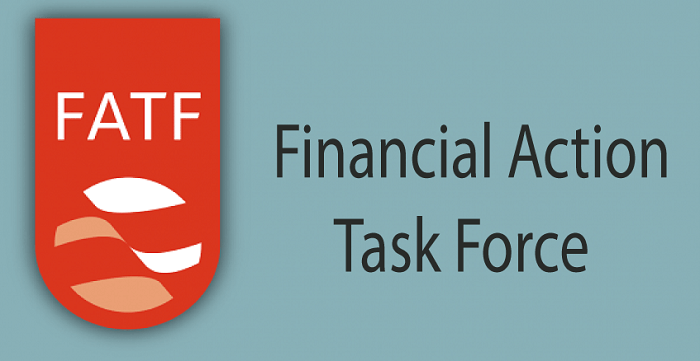Daniel Adaji
Nigeria is set to be removed from the Financial Action Task Force (FATF) grey list, following legislative reforms that now place digital assets such as cryptocurrencies under formal regulatory oversight.
This development is anchored in the newly enacted Investments and Securities Act (ISA) 2025, which was recently signed into law by President Bola Tinubu as part of efforts to enhance the country’s financial transparency and global standing.
The FATF, an international policy-making body established in 1989 to combat money laundering, terrorist financing, and other threats to the integrity of the global financial system, placed Nigeria on its grey list in February 2023.
The grey list is a designation for countries with strategic deficiencies in their AML/CFT (anti-money laundering and counter-terrorism financing) regimes but which have formally committed to address them within agreed timeframes.
By enacting ISA 2025, Nigeria has taken a major step toward addressing those gaps. The new law introduces, for the first time, statutory recognition and supervision of virtual and digital assets, aiming to bring clarity and oversight to a sector previously operating outside conventional financial regulation.
Speaking in Abuja on Wednesday, Director-General of the Securities and Exchange Commission (SEC), Dr. Emomotimi Agama, said the introduction of cryptocurrency regulation under the new Act is a key milestone on Nigeria’s path to exiting the grey list.
“The AML CFT issue is what brought about our inclusion in the grey list; the inclusion of this law provides us an avenue to exit that grey list, and that is very critical to the international community,” he stated.
Agama further explained that the Act sends a strong signal that Nigeria is open for investment and innovation while committed to safeguarding its financial system.
According to him, the SEC now has the authority to bring digital asset players under regulatory supervision, and clamp down on those operating outside legal frameworks.
“We encourage everyone in this space to come under regulation to seek clearance,” he added.
The ISA 2025 defines virtual assets as securities, explicitly granting the SEC power over their issuance and exchange. Section C on page 188 of the law outlines the role of a recognized securities exchange, including platforms that facilitate transactions in digital assets. This move lays the groundwork for formalizing digital asset trading in Nigeria, a market that has grown rapidly in recent years but remained largely unregulated.
In a bid to support the transition to a regulated environment, the SEC has rolled out moderated frameworks—namely, regulatory incubation and accelerated incubation programmes. These initiatives are tailored to assess risk levels of participating entities and provide structured guidance for their operations. Dr. Agama noted that the next cohort of participants would be announced soon, following thorough evaluations.
Investor confidence is also central to the SEC’s reform agenda. The Commission has enhanced its Know Your Customer (KYC) protocols to separate credible investors from potential bad actors. “Now, once this happens, the tendency is that investors will be more confident, because they know that we have their back,” Agama said.
These regulatory efforts are supported through collaboration with other key institutions, including the Central Bank of Nigeria (CBN), the Economic and Financial Crimes Commission (EFCC), and the Nigeria Financial Intelligence Unit (NFIU). Together, these bodies are working to tighten the country’s financial controls and fortify national security interests while embracing innovation.
The urgency to exit the grey list has also been underscored at the ministerial level. In March, the Minister of State for Finance, Dr. Doris Uzoka-Anite, convened a strategic meeting with key Ministries, Departments, and Agencies (MDAs) to align efforts towards meeting FATF requirements. She expressed optimism about the timeline, stating that Nigeria is targeting grey list removal by the second quarter of 2025.
“We are working tirelessly to address the remaining deficiencies in our AML/CFT regime, and we are confident that our efforts will yield positive results,” Dr. Uzoka-Anite said. She reaffirmed the government’s resolve to implement reforms that reflect international best practices and restore global confidence in Nigeria’s financial systems.
“The importance of exiting the grey list goes beyond our national image,” she added. “It is about creating a transparent, secure, and competitive environment for economic growth and attracting foreign investment.”
The Minister also highlighted the alignment of these reforms with the Renewed Hope Agenda of President Tinubu’s administration, noting that transparency, accountability, and innovation remain guiding principles in reshaping Nigeria’s financial ecosystem.
Nigeria’s successful exit from the FATF grey list would unlock greater access to international financial systems, lower the cost of transactions, and elevate the country’s attractiveness as an investment destination.



